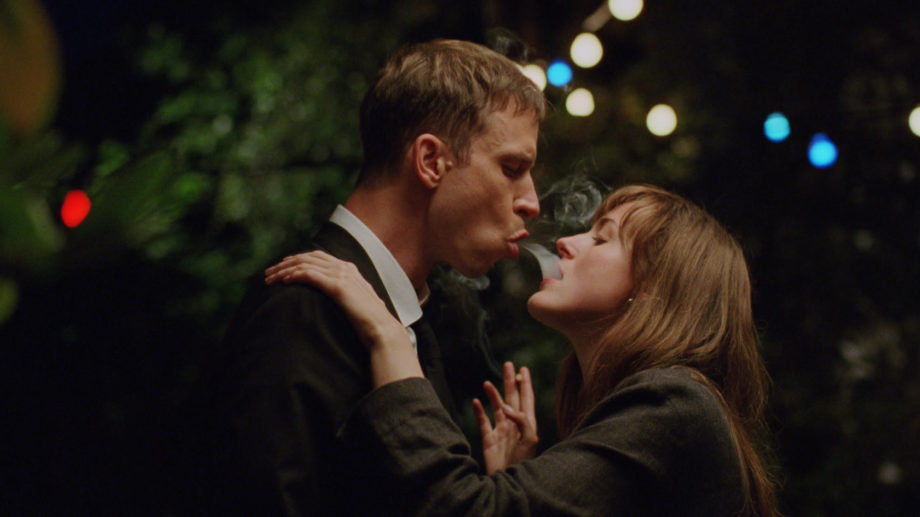Film at Lincoln Center announces Joachim Trier: The Oslo Trilogy celebrating the release of The Worst Person in the World, alongside a selection of companion films curated by director Trier and frequent collaborator Eskil Vogt, January 28-February 3.
Fifteen years after their first feature-length collaboration, Reprise, and 10 years after its follow-up, Oslo, August 31st, director Joachim Trier and his longtime co-writer Eskil Vogt turned their gaze back on the Norwegian capital city with NYFF59 Main Slate selection The Worst Person in the World, which opens on February 4 at Film at Lincoln Center. Playful yet melancholy, intricately observed yet bracingly deft, and centering on three exhilarating performances from factor (and practicing physician) Anders Danielsen Lie, the films that comprise the newly christened Oslo Trilogy deliver lyrical, unflinching meditations on memory, self-knowledge, and the mutability of identity in today’s Europe.
In addition to the trilogy, highlights of the curation include The Age of Innocence, Martin Scorsese’s adaptation of Edith Wharton’s 1920 novel starring Daniel Day-Lewis, Michelle Pfeiffer, and Winona Ryder; The Green Ray, director Éric Rohmer’s Golden Lion winner at the Venice Film Festival; John Hughes’s The Breakfast Club, featuring five teenagers confronted with the truth that finding ways to connect with other people is essential to knowing oneself; Hiroshima mon amour, Alain Resnais’s meticulously restored, modernist masterwork reflecting on the bombing of the Japanese city; director George Cukor’s beloved The Philadelphia Story, a worldly, pragmatic reflection on the complex affinities people have for one another; Remonstrance, Erik Løchen’s (Trier’s grandfather) radical story of a film crew trying to make a political film, unique in that its five reels could be shown in any order, rendering 120 possible versions of the film; Larisa Shepitko’s Wings, following a celebrated World War II fighter pilot’s (Maya Bulgakova) postwar career as the principal of a vocational school; and two essential French offerings: Agnès Varda’s Cléo from 5 to 7, portraying a pop singer’s sudden confrontation with cancer; and My Sex Life… or How I Got into an Argument, Arnaud Desplechin’s sophisticated take on the “sex farce” genre.
Presented in partnership with NEON. Organized by Dennis Lim and Madeline Whittle.
Tickets go on sale Tuesday, January 18 at noon and are $15; $12 for students, seniors (62+), and persons with disabilities; and $10 for Film at Lincoln Center members. Save with the purchase of three tickets or more. Learn more at filmlinc.org.
FILMS & DESCRIPTIONS
All films screen at the Walter Reade Theater (165 W. 65th St.) unless otherwise noted.
The Worst Person in the World
Joachim Trier, Norway, 2021, 128m
Norwegian with English subtitles
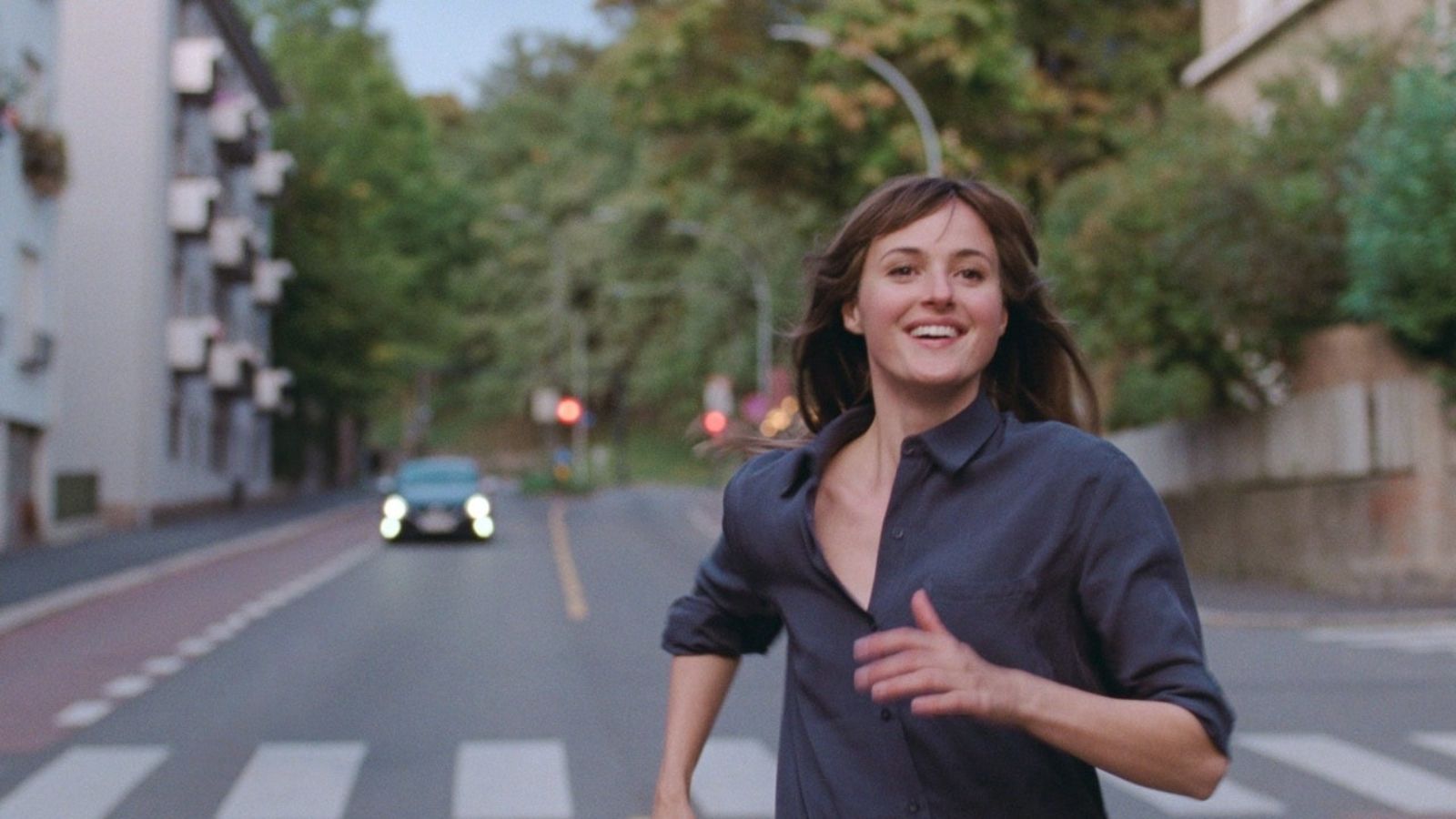
The Worst Person in the World. Courtesy of NEON.
As proven in such exacting stories of lives on the edge as Reprise and Oslo, August 31, Norwegian director Joachim Trier is singularly adept at giving an invigorating modern twist to classically constructed character portraits. Trier catapults the viewer into the world of his most spellbinding protagonist yet: Julie, played by Cannes Best Actress winner Renate Reinsve, who’s the magnetic center of nearly every scene. After dropping out of pre-med, Julie must find new professional and romantic avenues as she navigates her twenties, juggling emotionally heavy relationships with two very different men (Trier regular Anders Danielsen Lie and engaging newcomer Herbert Nordrum). Fluidly told in 12 discrete chapters, Trier’s film elegantly depicts the precarity of identity and the mutability of happiness in our runaway contemporary world. A NEON release. An NYFF59 selection.
Friday, January 28, 6:00pm (followed by a Q&A with Joachim Trier, Anders Danielsen Lie, and Renate Reinsve)
Opens Friday, February 4 at FLC
Reprise
Joachim Trier, Norway, 2006, 35mm, 105m
Norwegian with English subtitles
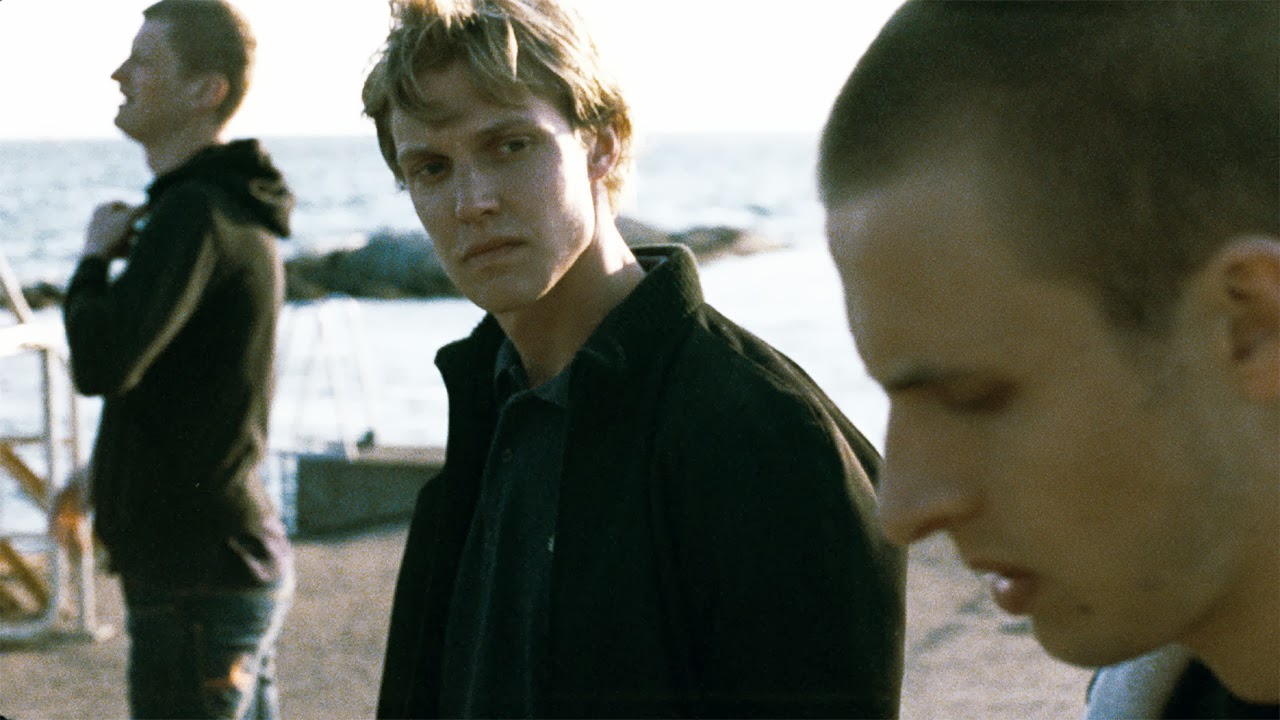
Two young men are both friends and writers. On the same day, they dispatch their manuscripts from the same mailbox. When they do, their lives also take off, in ways that are at once unpredictable and understandable. Joachim Trier, who made super-8mm films before he learned to read and write, celebrates life’s options even when they are lousy. The daring risks he takes as a filmmaker propel this vivacious cinematic meditation on creativity, madness, and love into an engrossing adventure, and a shooting star of a debut feature that is wildly inventive and wise beyond the youthful exuberance of its makers.
Saturday, January 29, 6:00pm (followed by a Q&A with Joachim Trier and Anders Danielsen Lie)
Monday, January 31, 9:15pm
Thursday, February 3, 1:00pm
Oslo, August 31st
Joachim Trier, Norway/Denmark/Sweden, 2011, 35mm, 95m
English and Norwegian with English subtitles
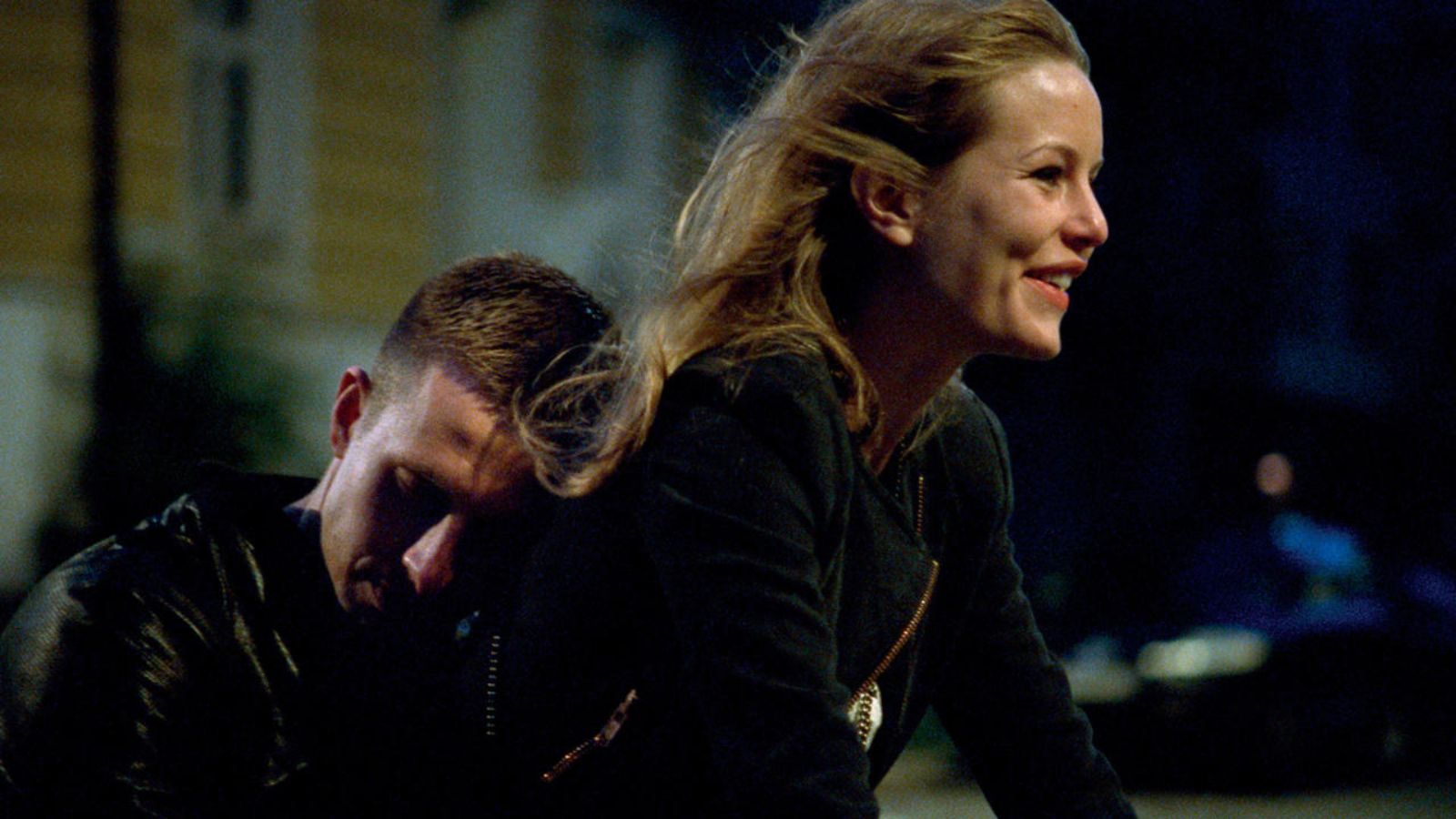
Oslo, August 31st
Daylight lingers at the end of August in Oslo, but the sun is no friend to Anders (Anders Danielsen Lie), a semi-recovered addict facing a new life—which may not be too appealing without his former habits. Adapted from the same novel that inspired Louis Malle’s The Fire Within (1963), this subtle, haunting film follows Anders as he tries to adjust: making love, wandering through Oslo, interviewing for a job, seeing old friends, and trying to get comfortable with his new situation. Joachim Trier’s first feature, Reprise, was a breakthrough for the director, and while that antic fiction was about friendship and hope, this second film, with its traces of Robert Bresson, is something altogether different.
Sunday, January 30, 2:30pm (followed by a Q&A with Joachim Trier and Anders Danielsen Lie)
Wednesday, February 2, 6:00pm
Thursday, February 3, 8:30pm
The Age of Innocence
Martin Scorsese, USA, 1993, 139m
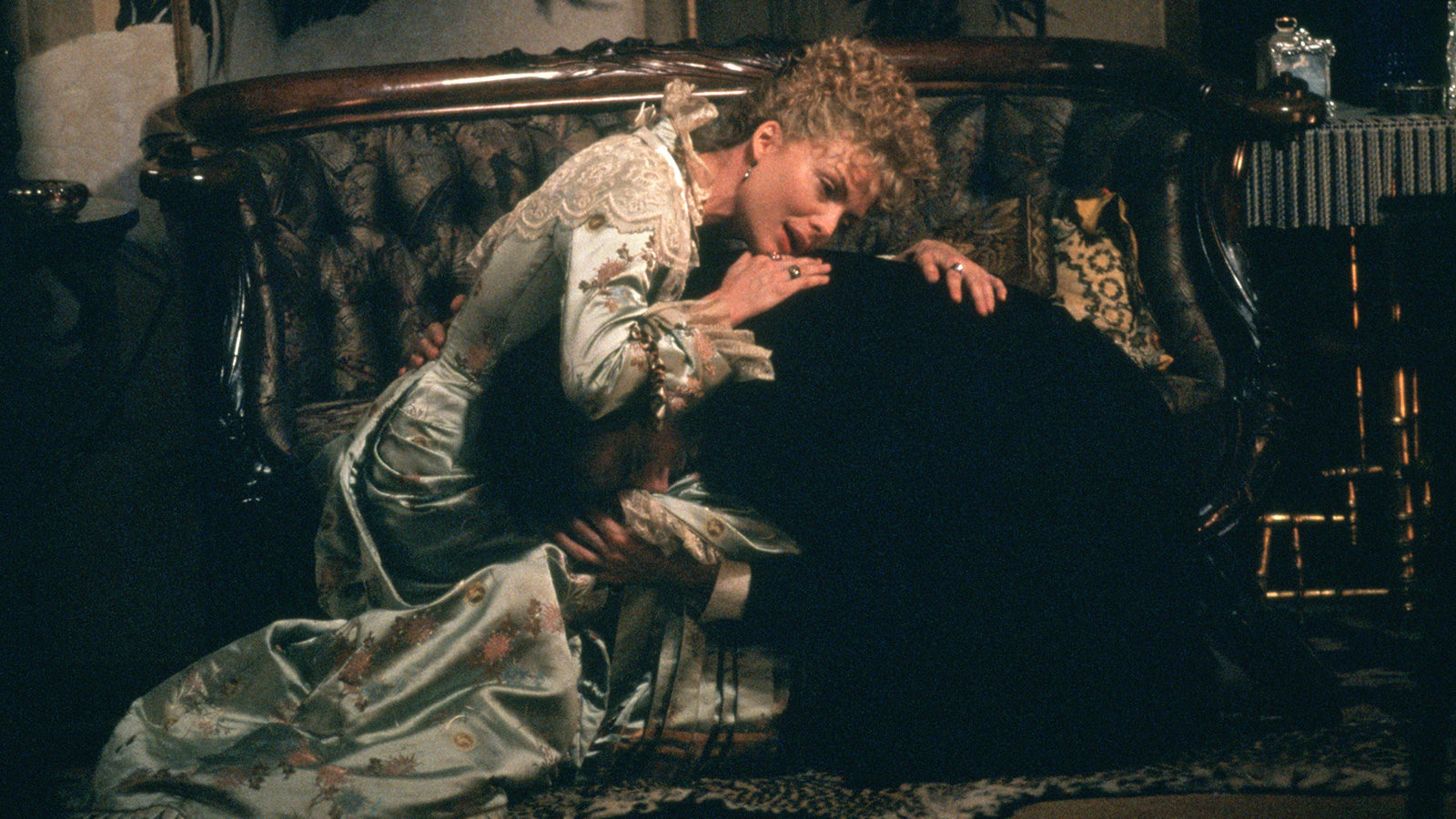
Adapting Edith Wharton’s 1920 novel about a secret passion within the enclosed social universe of 19th-century New York struck many as an odd departure for Martin Scorsese. Upon its release in 1993, The Age of Innocence was greeted with equal amounts of admiration and puzzlement, but today it feels like one of Scorsese’s greatest achievements—as visually expressive as it is emotionally fine-tuned. A magnificent lament for missed chances and lost time, the stunning movie features an extraordinary cast led by Daniel Day-Lewis, Michelle Pfeiffer, and Winona Ryder.
Saturday, January 29, 8:45pm
Monday, January 31, 2:45pm
The Breakfast Club
John Hughes, USA, 1985, 97m
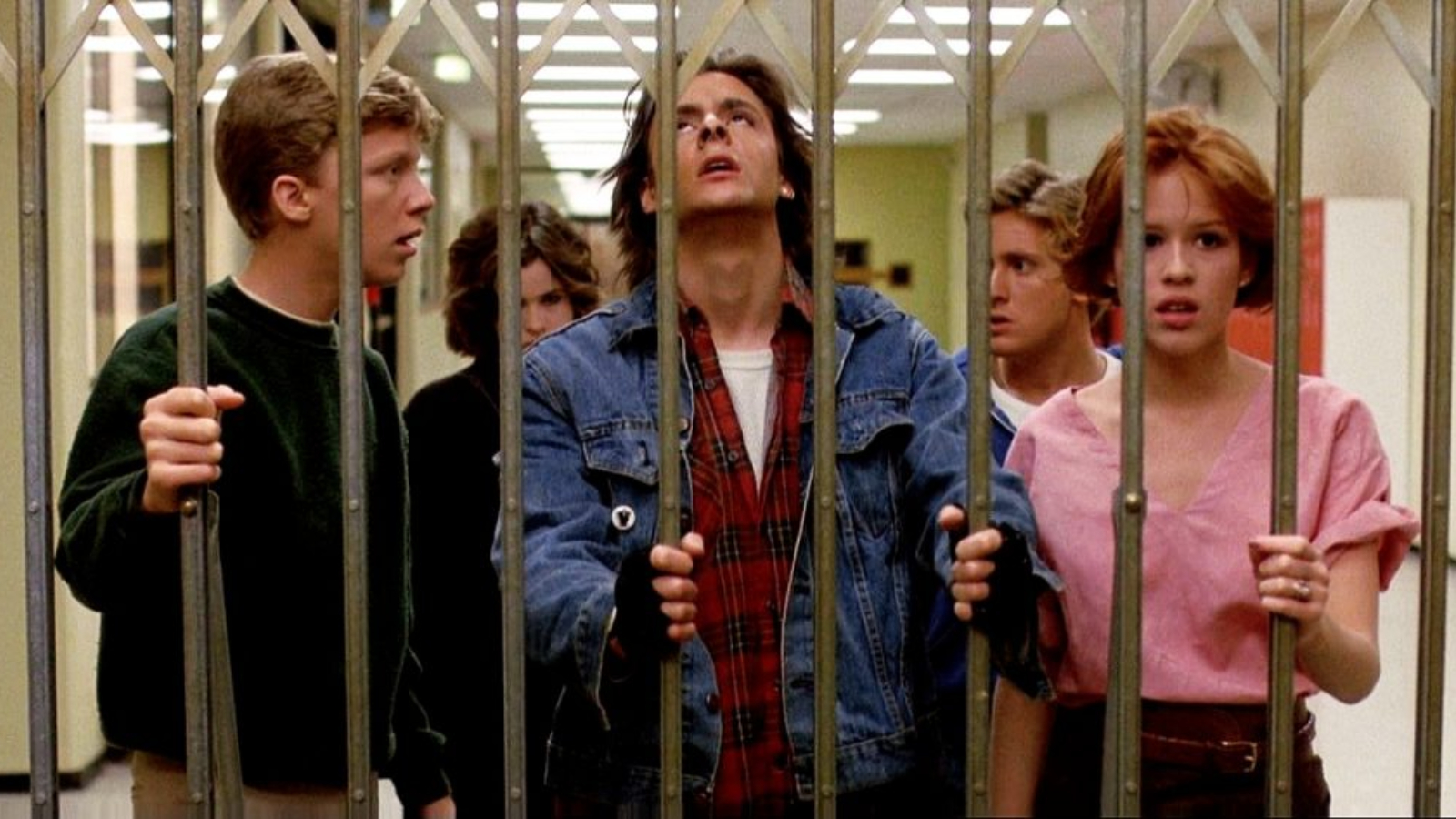
The Breakfast Club
The premise is deceptively straightforward: five teenagers—from different social strata, each uncomfortably navigating the pressures and expectations of the typical American high school—find themselves confined to the school library for detention one Saturday morning. They view one another with mutual suspicion and defensiveness at first, then spend the ensuing hours dismantling those defenses, bickering, brooding, teasing, confiding, and commiserating. In the hands of John Hughes and his prodigiously gifted ensemble of young actors, the result is transcendent: a parable of human beings on the cusp of adulthood, confronted with the startling truth that finding ways to connect authentically with other people is essential to the work of being and knowing oneself. Shot on location in the Chicago suburbs of the filmmaker’s youth, with compassion and an emotional specificity that transcends generations, its legacy only continues to grow more than three decades after its release.
Wednesday, February 2, 1:00pm
Thursday, February 3, 3:30pm
Cléo from 5 to 7
Agnès Varda, France/Italy, 1962, 90m
French with English subtitles
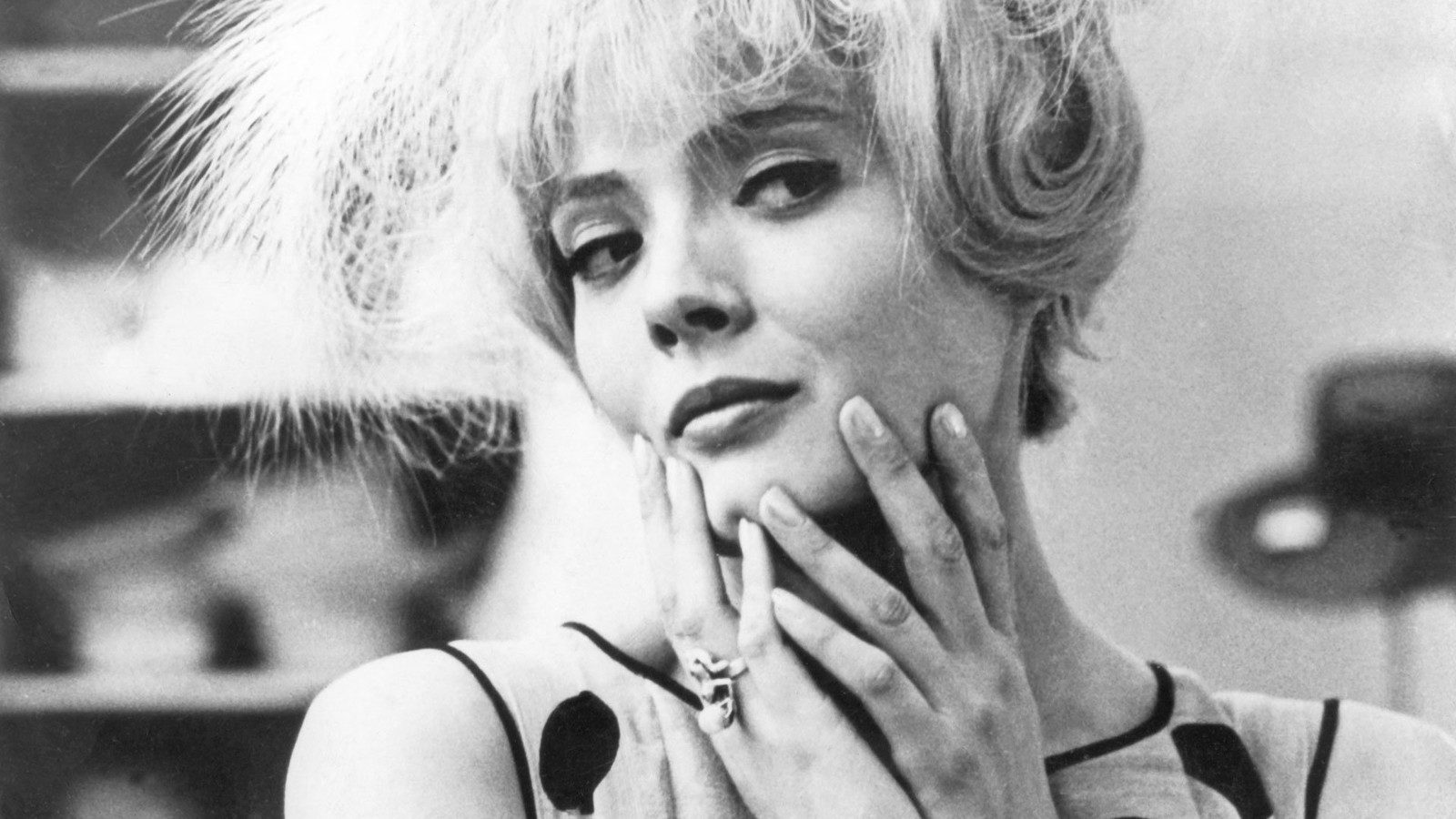
Cléo from 5 to 7 © Succession Varda
Following her 1955 debut feature La Pointe Courte and several short films, Varda made this singular account of a pop singer’s sudden confrontation with cancer, starring Corinne Marchand and featuring a wonderful cameo from the late Michel Legrand, who also composed the film’s score. Both a spirited depiction of Paris in the ’60s and a substantive take on the female psyche, Cléo from 5 to 7 is one of the cornerstones of the French New Wave, enduring for its intelligent perspective on the strong, unpredictable emotions that arise when facing one’s mortality.
Wednesday, February 2, 3:30pm
The Green Ray
Éric Rohmer, France, 1986, 35mm, 98m
French with English subtitles
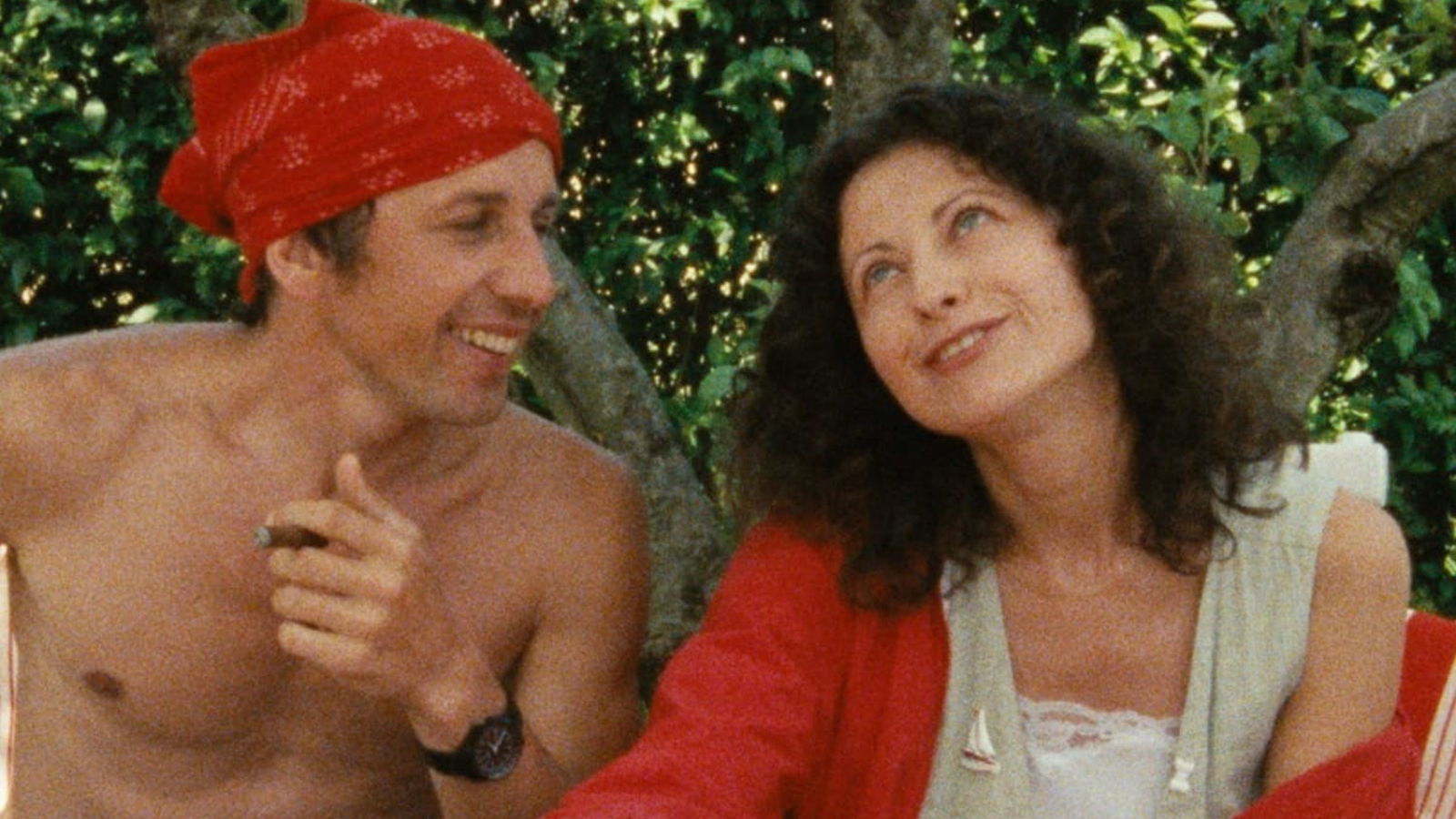
The Green Ray
“Ah, for the days / That set our hearts ablaze.” Éric Rohmer’s mid-career triumph follows a depressed, newly single Parisian secretary as she spends her summer vacation looking for happiness and true love. Starring Rohmer axiom Marie Rivière as the directionless Delphine, the film’s a masterpiece about unspoken feelings of melancholy and uncertainty, fashioned from the simplest of elements: a change in plans when a holiday falls through. It’s a rare chronicle of in-between moments and moods that’s proven hugely influential, with a glorious, unforgettable guest appearance by a sunset. Winner of the Golden Lion at the Venice Film Festival.
Friday, January 28, 9:15pm
Monday, January 31, 12:30pm
Hiroshima mon amour
Alain Resnais, France/Japan, 1959, 90m
English, French, and Japanese with English subtitles
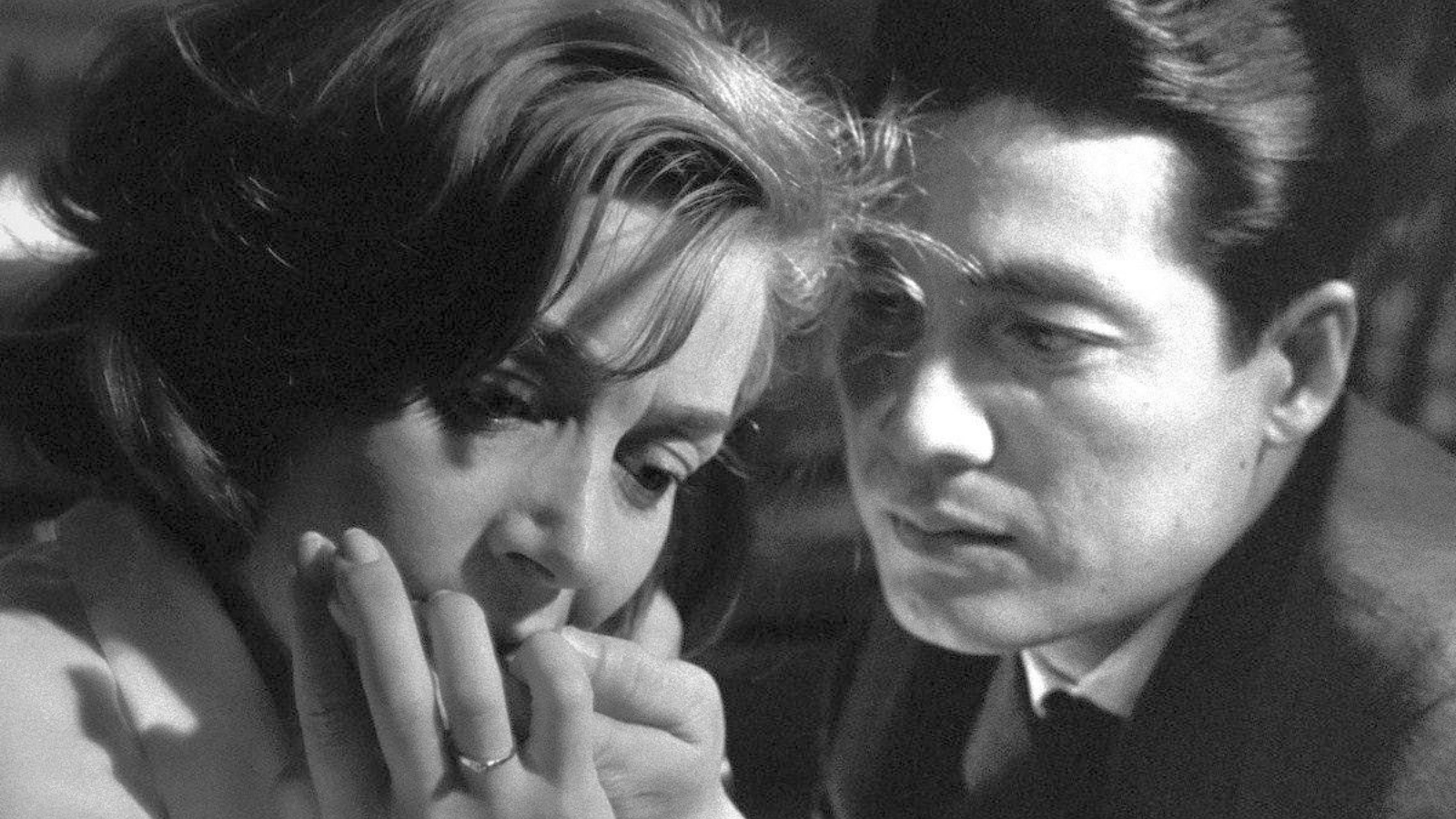
Hiroshima mon amour
This modernist masterwork began as a documentary commission from Japan’s Daiei Studios, secured for Alain Resnais by producer Anatole Dauman. Resnais decided that the bombing of Hiroshima and its impact needed a fictional narrative, brought writer Marguerite Duras onto the project, and worked with her to create a story—of a French actress (Emmanuelle Riva) who goes to Hiroshima to make a film and has an affair with a Japanese architect (Eiji Okada)—that would unfold “in two tenses… the present and the past coexist.” Few films have had such a lasting, wide-ranging impact. Hiroshima mon amour is a devastating experience on every level: visually, sonically, emotionally, intellectually. Restoration by Argos Films, Fondation Groupama Gan, Fondation Technicolor, and Cineteca Bologna, with support from the CNC. A Rialto Pictures release.
Sunday, January 30, 12:30pm
My Sex Life… or How I Got into an Argument
Arnaud Desplechin, France, 1996, 178m
French with English subtitles
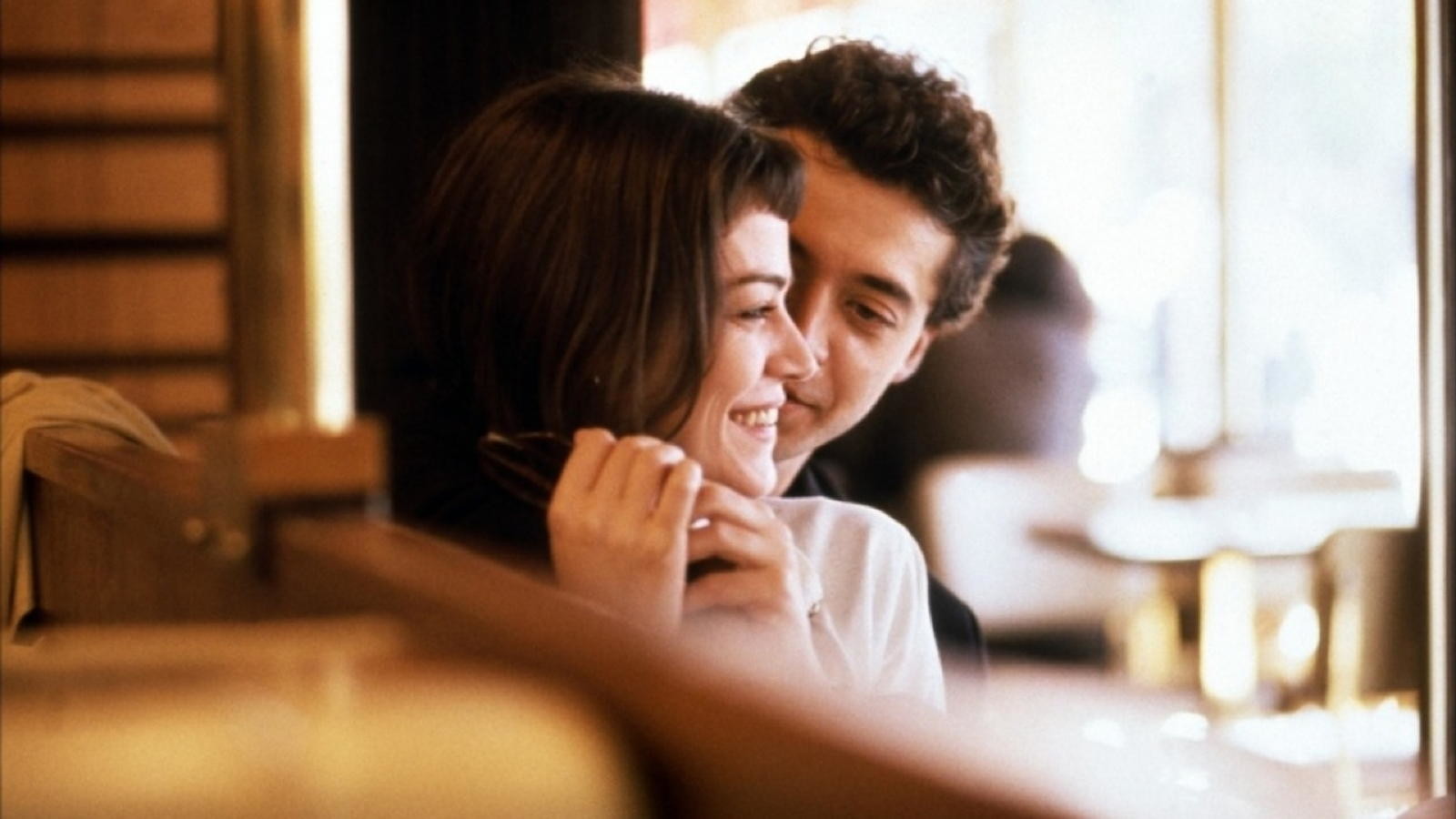
Arnaud Desplechin’s freewheeling, breathlessly inventive international breakthrough stars Mathieu Amalric (radiating impish charm in a César Award–winning performance) as a navel-gazing academic who bounces between lovers as he struggles to break things off with his long-term girlfriend (a luminous Emmanuelle Devos). Pushing the Gallic sex farce to dizzying (and disarmingly moving) new heights, Desplechin’s sophisticated take on the genre encompasses a grab bag of New Wave–inspired stylistic tricks, a soundtrack that runs the gamut from hip-hop to Ravel, and an unforgettable, subtly surreal sequence involving a monkey and a radiator. The result is “a delayed coming-of-age masterpiece and one of the great French post–New Wave films” (Amy Taubin, Artforum). An NYFF34 selection. Digital restoration courtesy of Why Not Productions.
Sunday, January 30, 5:30pm
Monday, January 31, 5:45pm
The Philadelphia Story
George Cukor, USA, 1940, 35mm, 112m
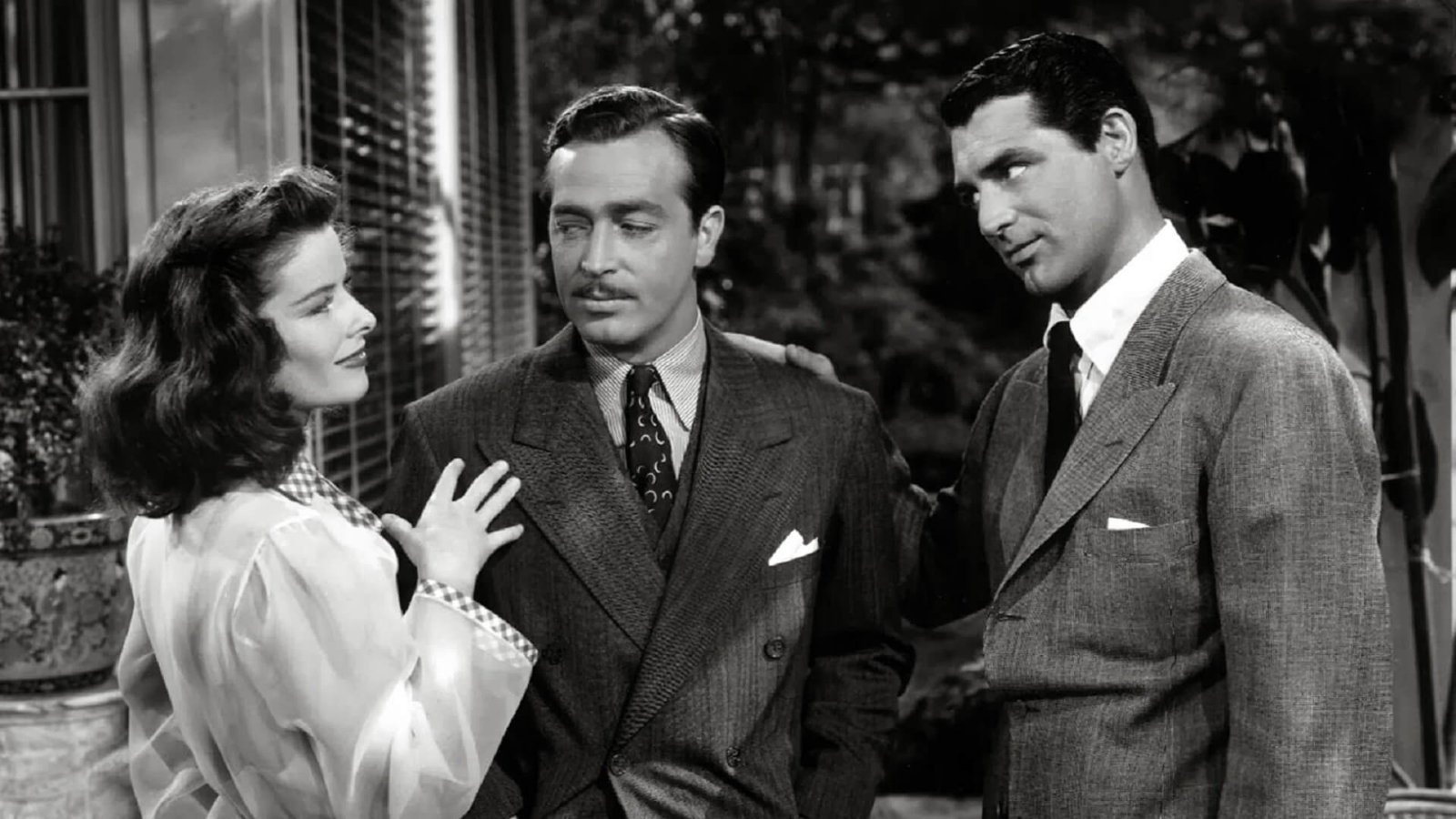
The Philadelphia Story
The Philadelphia Story is one of George Cukor’s most beloved films, a shining relic from a moment in studio moviemaking when minds could freely meet and talents combine across disciplines—at least occasionally. Everyone’s at the top of their game, from screenwriter Donald Ogden Stewart (adapting Philip Barry’s play) to the unbeatable cast (centered on warring trio Katharine Hepburn, Oscar winner Jimmy Stewart, and Cary Grant) to Cukor himself, who proves to be every bit as fine of a visual stylist as some of his showier peers. The result is a worldly, pragmatic reflection on the complex affinities people have for one another, remarkable for its sexual frankness, its nuanced attention to character motivation, and its balance of empathy and cruelty. Of all the Hollywood classics, few have aged so little, or so well.
Friday, January 28, 1:00pm
Remonstrance
Erik Løchen, Norway, 1972, 97m
Norwegian with English subtitles
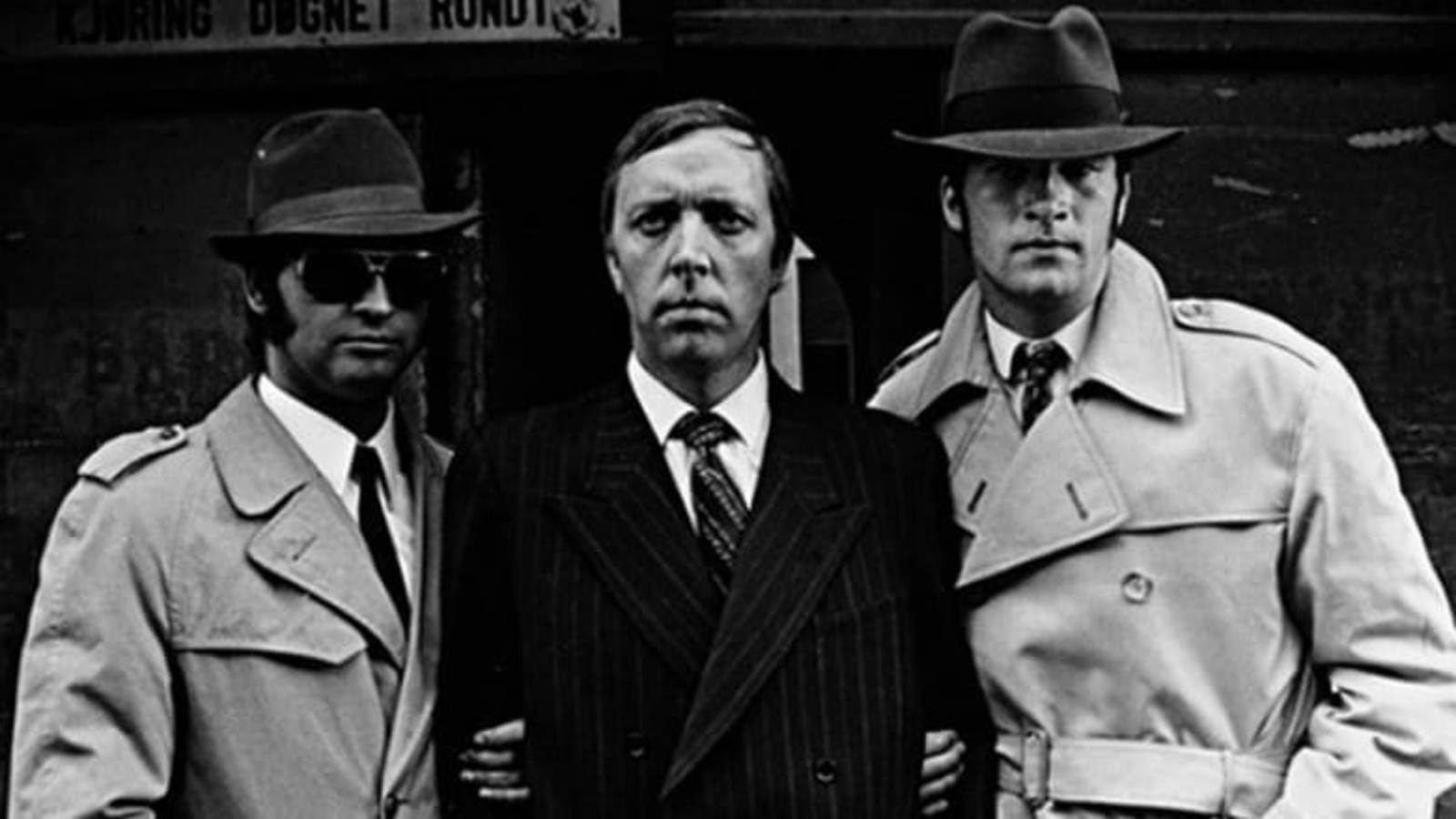
Remonstrance
The impact on artists of the ’68 civil unrest was felt internationally, even in those countries that did not themselves directly experience social and political upheaval. In 1959 Norwegian filmmaker (and Trier’s grandfather) Erik Løchen had made The Hunt, a fascinating, modernist work that paralleled the better-known experiments with cinematic storytelling of Resnais, Godard, Antonioni, and others. Løchen returned to feature films in 1972 with Remonstrance, an even more radical cinematic experiment. The story of a film crew trying to make a political film, Remonstrance brilliantly captures the posing and grandstanding that sometimes accompanies political discussions, especially around correct form in art, but Løchen goes his characters one better: he designed Remonstrance so that its five reels could be shown in any order, rendering 120 possible versions of the film.
Friday, January 28, 3:45pm
Wednesday, February 2, 8:30pm
Wings
Larisa Shepitko, Soviet Union, 1966, 35mm, 85m
Russian with English subtitles
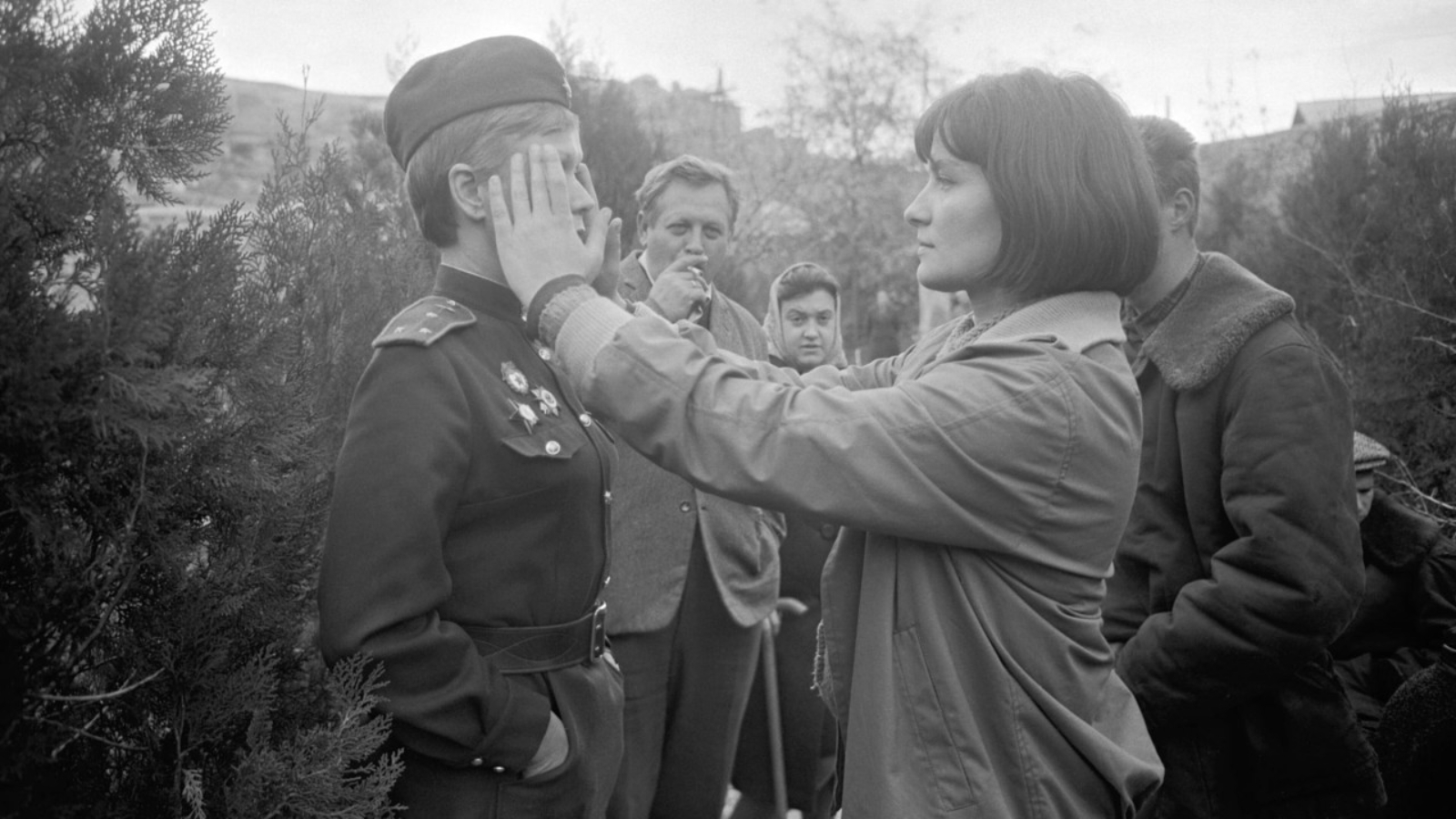
Wings
Ukrainian-born Soviet filmmaker Larisa Shepitko was only 28 when she directed her second feature, a searing and quietly impassioned character study of a woman caught between two ways of being, in the early aftermath of Khrushchev’s Thaw. Having long since settled into—or resigned herself to—a postwar career as the principal of a vocational school, middle-aged Nadezhda (Maya Bulgakova) is at once sustained and haunted by memories of her glorious youthful exploits as a celebrated World War II fighter pilot. Shepitko probes her protagonist’s interiority with unhurried naturalism and great empathy, following Nadezhda as she navigates a stark generation gap and seeks to come to terms with her own profound ambivalence.
Sunday, January 30, 9:00pm
Thursday, February 3, 6:00pm


